I promise that this story about books is not related to Lord of the Rings.
I always liked to read tech books as a way to learn new things, progress, and change my point of view. That’s why today I decided to share something ‘random’ like this. I have divided the post according to the state of reading.
Two books I have read
Anything You Want by Derek Sivers
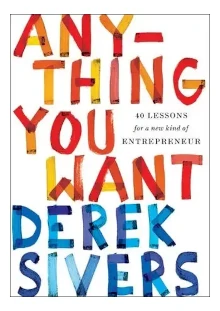
We discover the story of this entrepreneur through an anecdotes format. These stories give us a lot of pieces of advice to achieve our goals. The book is a gem if you like this kind of story.
Some sentences I liked:
- The real point of doing anything is to be happy, so do only what makes you happy.
- Business is not about money. It’s about making dreams come true for others and for yourself.
- Success comes from persistently improving and inventing, not from persistently promoting what’s not working.
- When deciding whether to do something, if you feel anything less than ‘Wow! That would be amazing! Absolutely! Hell yeah!’ — then say ‘no’.
Clean Code by Robert C. Martin aka “Uncle Bob”
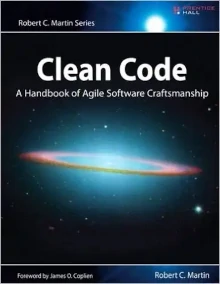
This is a must-read book of software engineering. It will change your way of seeing things, priorities, and way of understanding software. Put it first on your reading list.
The book is divided into three parts:
- In the first part, it explains what the Clean Code is and how to get to it.
- In the second part, there are more complex examples of code refactoring in order to get Clean Code.
- The third part is a collection of ‘clues’ that help you find code that is not good enough and should be refactored.
Two books I am reading
Rework by Jason Fried and David Heinemeier
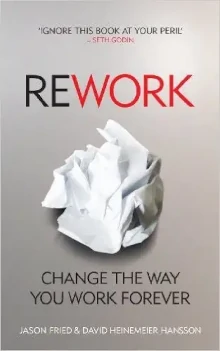
The reading format is very interesting since it combines text with very nice letterings and schemes. I would like to cut them all to stick them on the wall but I will respect the integrity of the book, for now.
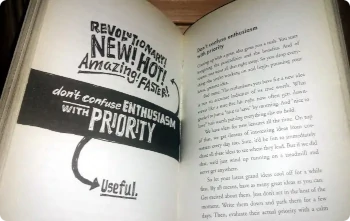
Rework provides information on how to improve your team, relationships, productivity, and work environment. People recommend it because it helps build better products, remove unnecessary tasks, save time, work with the right people, and have a clearer picture of business processes. Very ambitious.
The Design of Everyday Things by Donald Norman
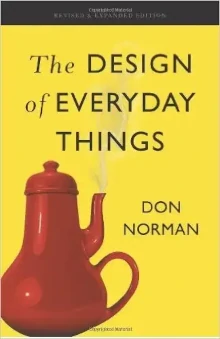
The book’s goal is to turn readers into great observers of the bad designs that are in many of the problems of modern life, technology especially. It also helps the reader to be observant of good design and how designers have worked to make our life simpler. A good design is much harder to see than a bad design because a good design fits our needs so well that it becomes invisible. However, a bad design is very noticeable.
The book provides, on the one hand, the fundamental principles that are required to create usable and understandable products, which provide satisfaction. On the other hand, it provides the principles to remove problems and find alternatives for those products that do not meet these requirements.
Two books I am going to read
The Pragmatic Programmer by Andy Hunt and Dave Thomas
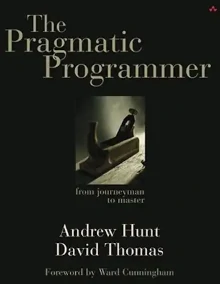
This book is well-known and a lot of people have recommended it to me. I already have it and I am looking forward to starting with it.
The Clean Coder by Robert C. Martin
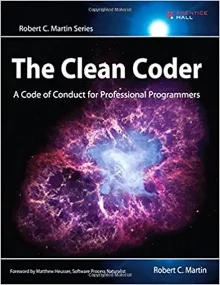
I loved the Clean Code, so I do not think I need any more reasons to more Uncle Bob books. I know I will like it.
As you can see, I have not written a long summary or essay about the books. I think that there are a lot of very good summaries on the internet and I think it is not necessary. However, feel free to ask anything you want about them, any discussion is interesting. And…
…Suggest me books!
My inbox is open to any recommendations, I will thank you a lot.